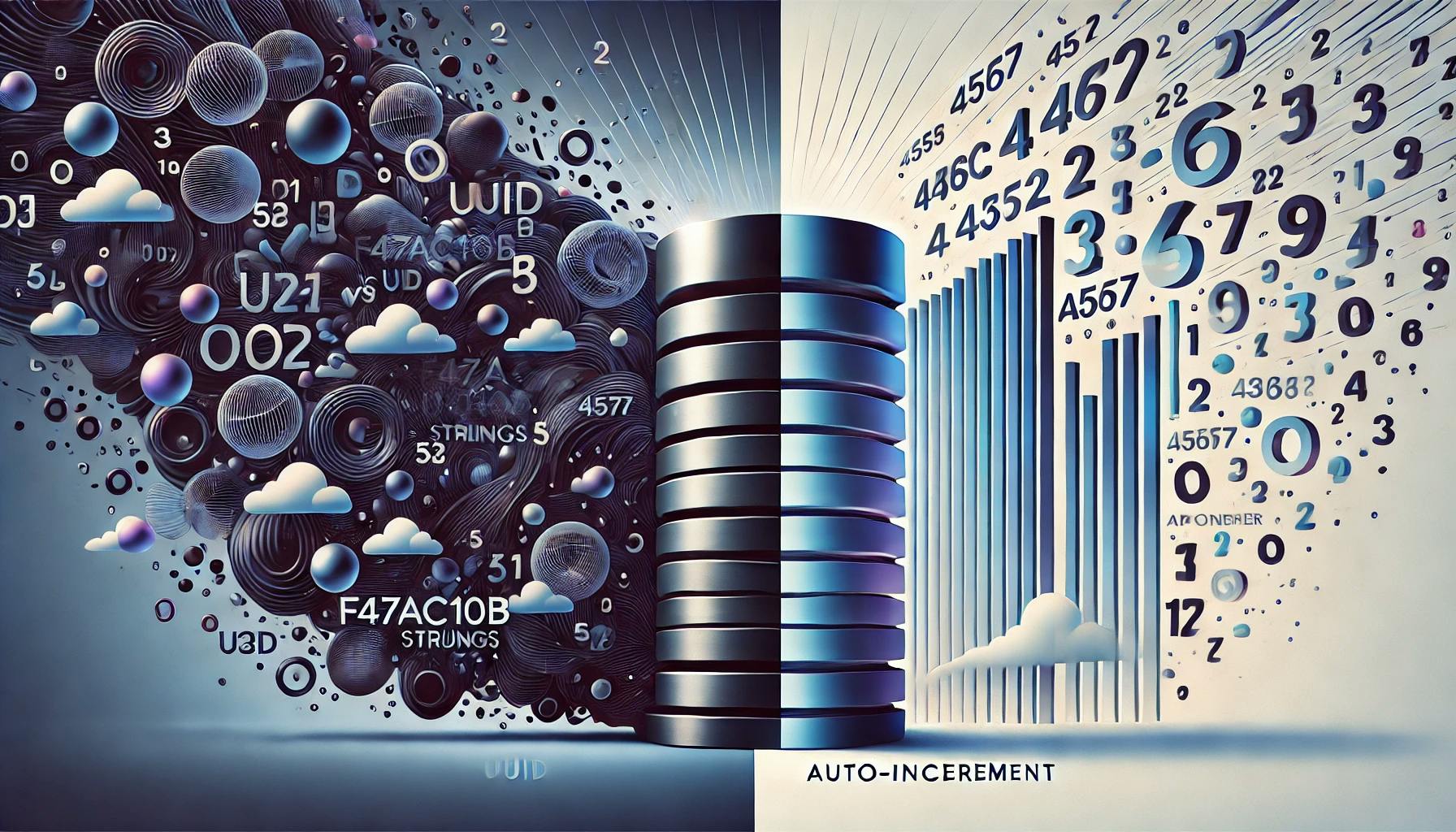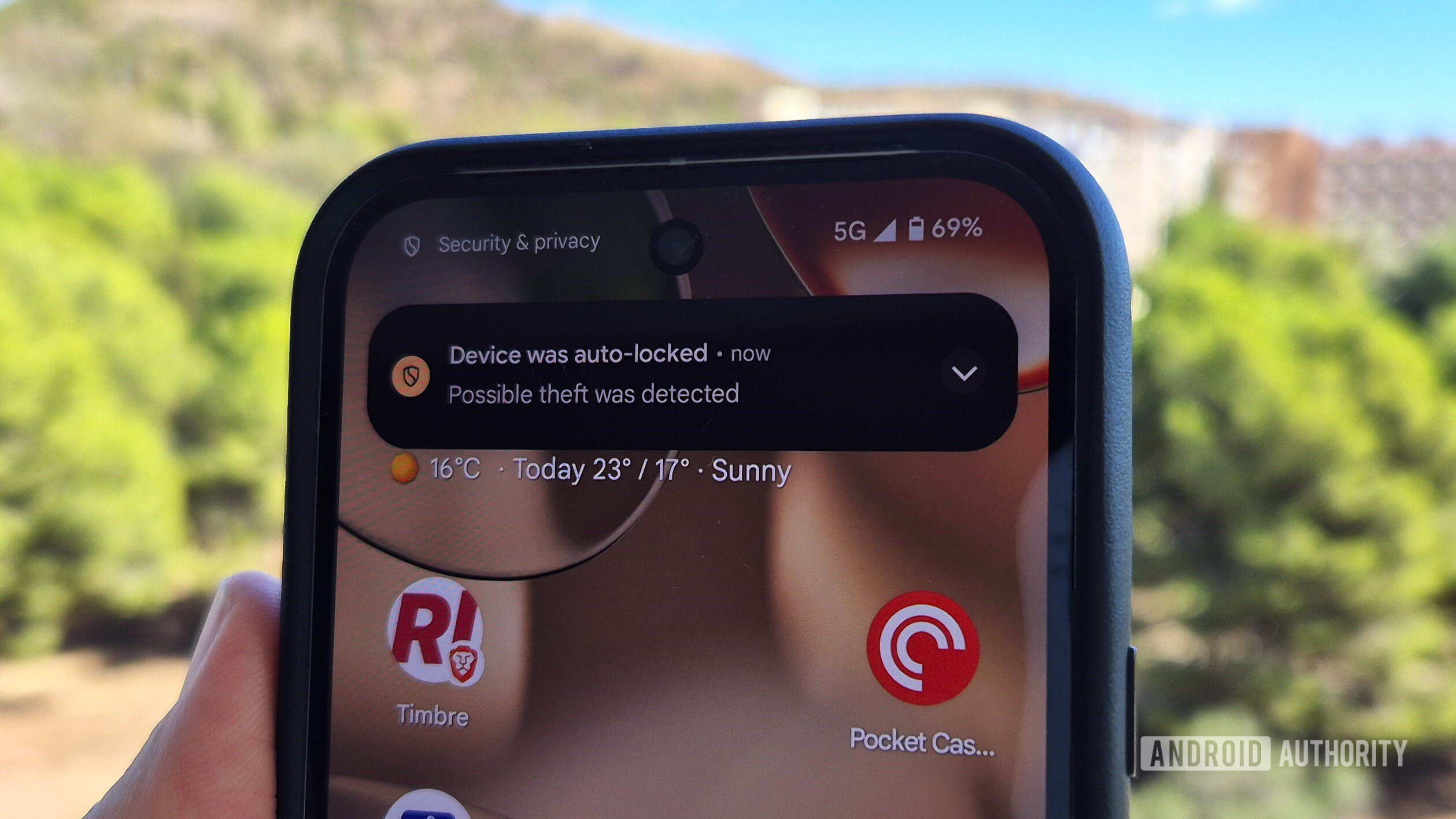The smash hit Netflix show Adolescence, which explores a teenage murder fuelled by social media and toxic masculinity, has renewed calls for social media bans in some countries. One of the show’s stars this week said the UK should follow Australia’s lead in banning children aged under 16 from social media platforms.
The ban has been praised in the US and UK, and is described as “world-leading” by the Australian government. Time magazine this week praised the prime minister, Anthony Albanese, for a “remarkable” policy that was “politically uncontroversial” on the basis that both major parties supported it.
Left unsaid was all the criticism raised by mental health groups, LGBTQ+ groups and other campaigners during the rushed process to pass the bill in parliament last year. The committee reviewing the bill only reviewed the legislation for a single day, despite over 15,000 submissions being received.
Author Jonathan Haidt, who reportedly lobbied politicians in Australia to push the policy before it was adopted and privately dismissed critics of his approach, told the New York Times this week that “it’s going to work. It doesn’t have to be perfect at first, but within a few years it will be very good”. If it worked in Australia, it was going to go global “very quickly”, he said.
But nine months out from the policy coming into effect, Australians are still in the dark about how our ban – which was passed by the parliament in November 2024 – will work. And that’s likely to remain the case up to the federal election on 3 May.
A trial of age assurance technology is under way, with schoolchildren still being recruited to participate just weeks before the first report is due.
The under-16s social media ban is due to come into effect in December, but the government faces a number of hurdles before then, including figuring out what tech to use, and whether the platforms – emboldened by the apparent backing of Donald Trump – will comply.
The Age Check Certification Scheme (ACCS), a UK-based company recruited by the Albanese government to conduct an assessment of the technology used to determine whether people are the age they say they are when accessing social media, is due to provide a preliminary report to the government by the end of April.
While the report is said to be on track to be delivered this month, Guardian Australia has confirmed this preliminary report will not be released publicly by the company. A spokesperson for the communications department said the report was never intended for public release and is designed “to afford procedural fairness to trial participants” on any changes that need to be made.
The final report is due just two months after the preliminary report in June, before the communications minister – whoever it will be after the federal election – will get to decide which platforms it applies to, and what technology is appropriate.
ACCS has begun recruitment of school-age children to test out the various technologies, but there is an education and consent process still under way.
From there, schoolchildren will test out age estimation (where tech estimates how old a user is), assurance (where a parent or guardian confirms an age) and verification (using some sort of identity document verification) technologies.
The children will act as “mystery shoppers” and attempt to access a purpose-built online platform through the various age assurance methods, documents released by ACCS state.
This process leaves just weeks to get the trials conducted, analysed, and a final report prepared for government.
The ban is not a major focus of the federal election campaign – it had bipartisan support, after the Coalition pushed for it for months until the Labor government relented.
However, there are still major concerns over how the ban will work, and who is included. TikTok and Meta, for example, are angry over the carve out YouTube received. The government’s messaging on why this exemption was allowed has been mixed.
The communications minister, Michelle Rowland, said last year that YouTube would be included in a range of services exempt from the ban on health and education grounds. But in the draft wording of the document that sets out what services are exempt, YouTube is granted an exemption on its own, while health and education services are another carve out.
In response to questions in Senate estimates from the Greens senator Sarah Hanson-Young last month, the department said the exclusion was “consistent with broad community sentiment, which highlights the value of YouTube as a tool for education and learning”.
Evidence shows most children under 13 accessing social media are accessing YouTube.
A report from the eSafety commissioner last month stated more than 80% of children aged between eight and 12 are accessing social media, despite the current minimum age requirement being 13.
However, this figure was largely skewed by children accessing YouTube, either by watching while logged out, or using a parent or carer’s account. When YouTube is excluded, the figure is closer to 44%.
TikTok and Snapchat are second and third behind YouTube (68%) on 31% and 19%, respectively.
It is also worth noting that the stakeholder advisory board overseeing the trial has some members who have long called for bans or restrictions on online pornography, and have called for online censorship. But missing from the board are digital rights and privacy groups.
Those organisations have subsequently been invited to apply to join the stakeholder advisory board, after inquiries from Guardian Australia, but as of yet do not appear to be included.
Whether all this results in a report that the government can rely upon and implement before the end of this year remains to be seen, as does whether the social media companies will be willing players.
The inconsistent treatment of some platforms over others might lead to companies such as Meta – which has already approached the Trump administration over their treatment by the Australian government – to seek the US government to push back on the ban before it comes into effect.
But this week, Albanese, and the opposition leader, Peter Dutton, said the ban was not up for negotiation.










